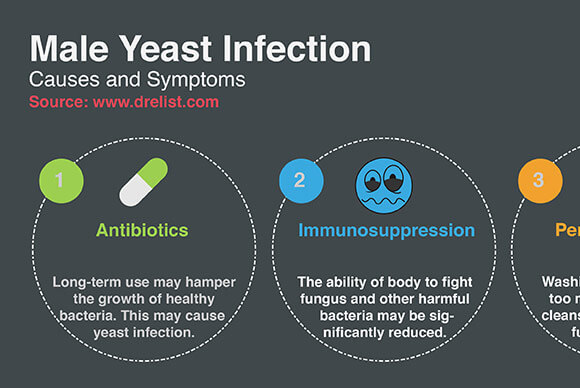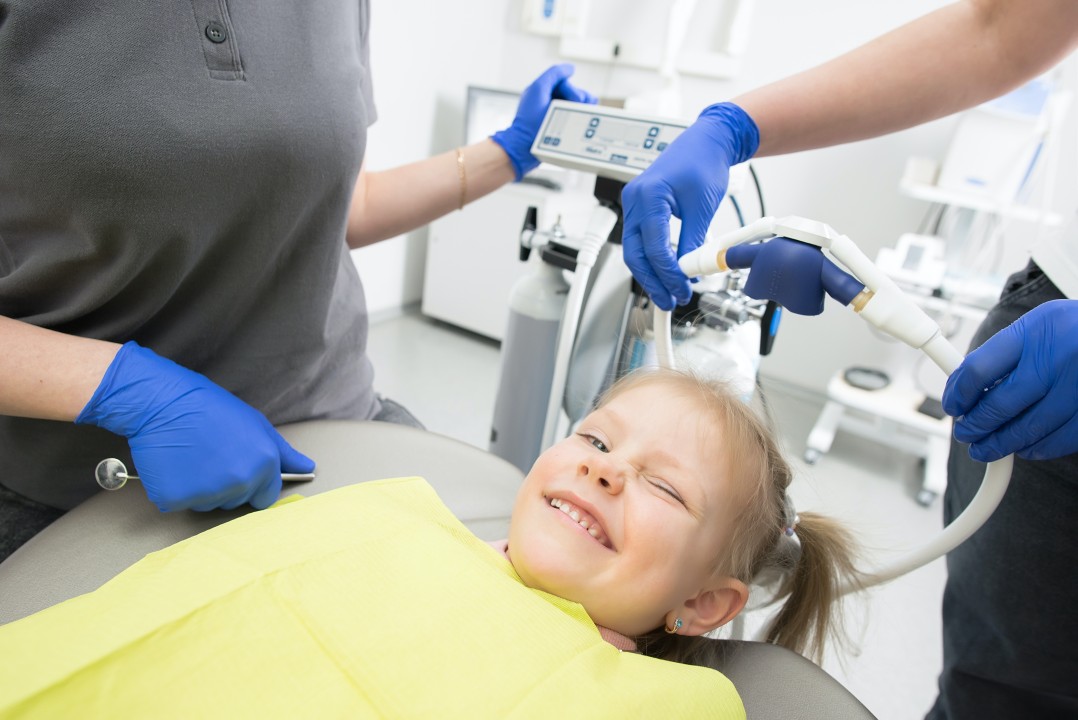
Understanding Male Yeast Infection: Causes, Symptoms, and Treatment
What is Male Yeast Infection?
Male yeast infection, also known as candidiasis, is a fungal infection caused by the overgrowth of Candida albicans fungus. While often associated with women, men can also develop yeast infections, typically affecting the genitals.
Common Causes
Several factors can contribute to the development of male yeast infections. These include poor hygiene, weakened immune system, use of antibiotics, diabetes, sexual intercourse with an infected partner, and wearing tight, non-breathable clothing.
Signs and Symptoms
Male yeast infections can manifest in various ways, with symptoms including itching, redness, irritation, swelling, and a rash on the penis, scrotum, or groin area. Discomfort during urination or sexual intercourse may also occur.
Diagnosis and Evaluation
Diagnosing male yeast infection usually involves a physical examination by a healthcare professional. In some cases, a sample of the affected area may be collected for laboratory analysis to confirm the presence of Candida fungus.
Treatment Options
Treatment for male yeast infection typically involves antifungal medications, either in the form of topical creams or oral tablets. Over-the-counter antifungal creams can provide relief for mild infections, while more severe cases may require prescription-strength medications.
Home Remedies and Self-Care
In addition to medication, there are several self-care measures and home remedies that can help alleviate symptoms and promote healing. These include practicing good hygiene, wearing loose-fitting clothing, avoiding irritants, and maintaining a balanced diet.
Prevention Strategies
Preventing male yeast infections involves adopting healthy lifestyle habits and minimizing risk factors. This includes practicing good genital hygiene, avoiding douching and scented hygiene products, wearing breathable underwear, and managing underlying health conditions such as diabetes.
Impact on Sexual Health
Male yeast infections can impact sexual health and intimacy, causing discomfort and potentially transmitting the infection to sexual partners. Open communication with partners and practicing safe sex can help reduce the risk of spreading the infection.
Seeking Medical Attention
It’s essential for men experiencing symptoms of a yeast infection to seek medical attention for proper diagnosis and treatment. Delaying or avoiding treatment can lead to worsening symptoms and potential complications.
Understanding Recurrence
Some men may experience recurrent yeast infections, often due to underlying health conditions or lifestyle factors. Working closely with a healthcare provider can help identify and address these factors to prevent future infections.
Consultation with Healthcare Provider
If you suspect you have a male yeast infection or are experiencing symptoms, it’s crucial to consult with a healthcare provider for evaluation and appropriate treatment. Your provider can offer personalized recommendations based on your specific situation. Read more about male yeast infection

:max_bytes(150000):strip_icc()/Garlic-547276b9a356409eacef7284682b594a.jpg)


